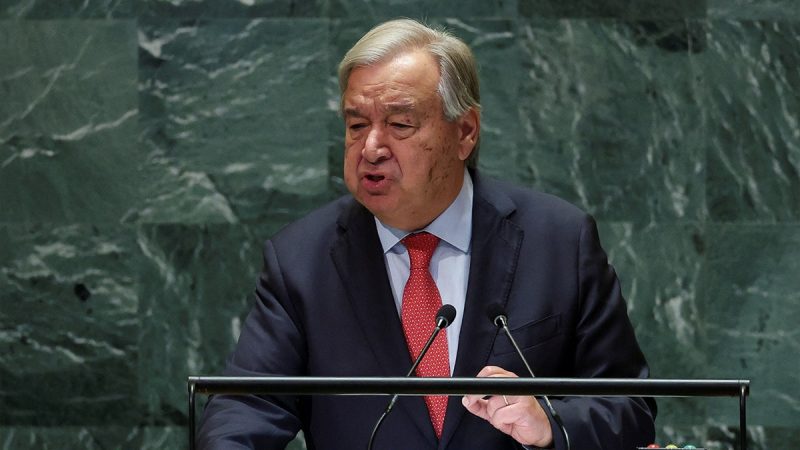In the landscape of artificial intelligence (AI) technology, the discussion of regulating its development and usage has been at the forefront of many debates. As stakeholders, experts, and policymakers navigate the complex realm of AI governance, the role of the United Nations (UN) in regulating AI has come under scrutiny. While the intentions of implementing regulations are rooted in ensuring the safe and ethical deployment of AI, concerns have been raised regarding the potential for overreach and stifling innovation. In this article, we will delve into the expert warnings surrounding the UN’s involvement in AI regulation and explore the multifaceted considerations at play.
One of the primary concerns highlighted by experts is the challenge of creating global, uniform standards for AI regulation. The UN, with its diverse member states representing various cultural, economic, and political contexts, faces the daunting task of developing regulations that are applicable and effective across all jurisdictions. As AI technologies evolve at a rapid pace, the ability of regulatory frameworks to keep up with innovation becomes increasingly complex. Moreover, the potential for discrepancies in interpretation and enforcement of regulations among UN member states could lead to a fragmented regulatory landscape that hampers the ultimate goal of ensuring AI safety and ethical use.
Furthermore, experts warn of the risk of regulatory overreach by the UN in its efforts to govern AI. While the intention behind stringent regulations is to curb potential harms and pitfalls associated with AI, there is a fine balance that must be struck to avoid stifling innovation and technological progress. Overly prescriptive regulations could deter investment in AI research and development, limiting the potential benefits that AI can offer in terms of economic growth, societal advancement, and enhanced quality of life. Striking the right balance between safeguarding against AI risks and fostering innovation is a delicate tightrope that regulators must navigate with care.
Another pertinent issue raised by experts is the potential implications of UN-led AI regulations on the global competitiveness of nations and industries. If regulations are perceived as hindrances rather than enablers of AI innovation, there is a risk that countries and companies may seek to circumvent or bypass UN regulations to maintain a competitive edge. This could lead to a race to the bottom in terms of AI safety standards and ethical considerations, as stakeholders prioritize short-term gains over long-term sustainability and responsible AI deployment. The role of the UN in fostering collaboration and consensus-building among nations will be crucial in ensuring that regulations strike a balance between competitiveness and accountability.
In conclusion, while the UN’s involvement in AI regulation is well-intentioned and aimed at promoting the safe and ethical development of AI technologies, experts caution against the potential pitfalls of regulatory overreach, global standardization challenges, and impacts on competitiveness. As the global community grapples with the complexities of governing AI, it is essential to engage in informed, collaborative dialogues that take into account the diverse perspectives and interests at play. By fostering a nuanced understanding of the multifaceted considerations surrounding AI regulation, stakeholders can work towards crafting regulatory frameworks that strike a balance between safeguarding against risks and fostering innovation in the AI ecosystem.

